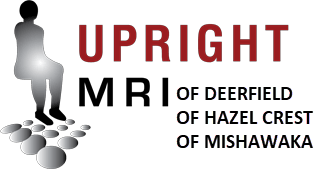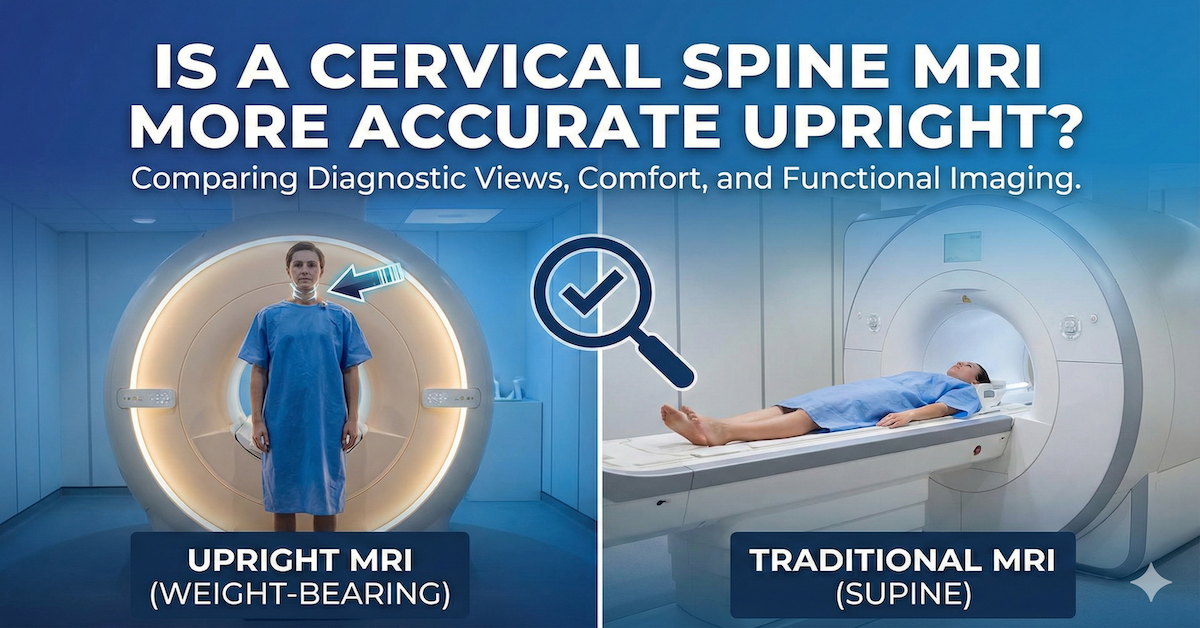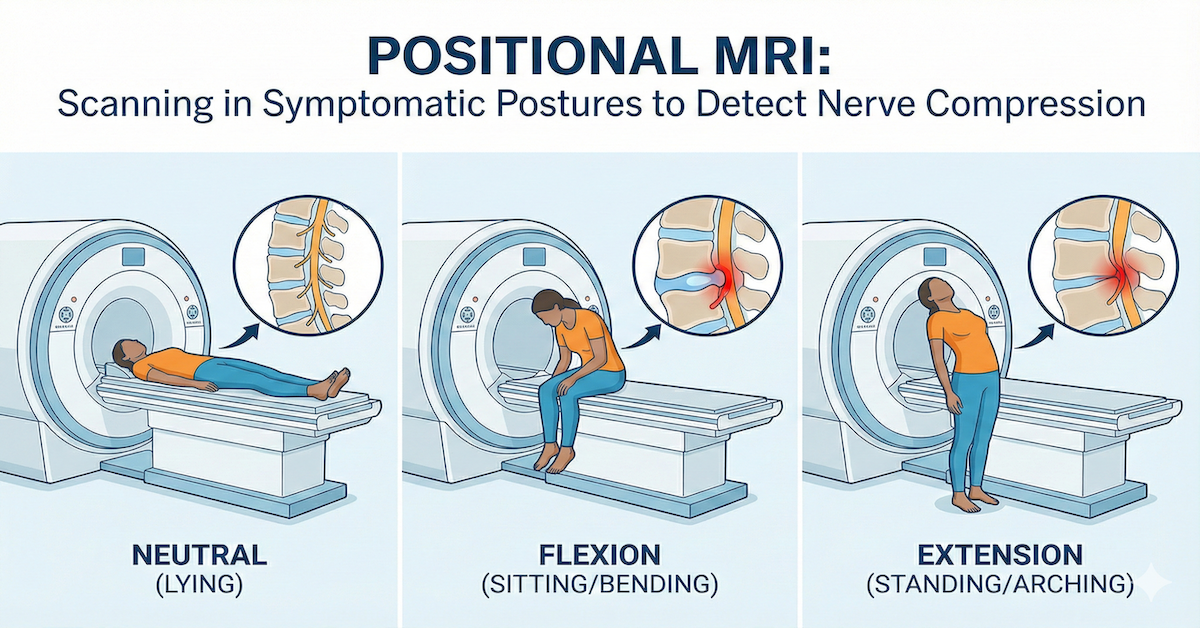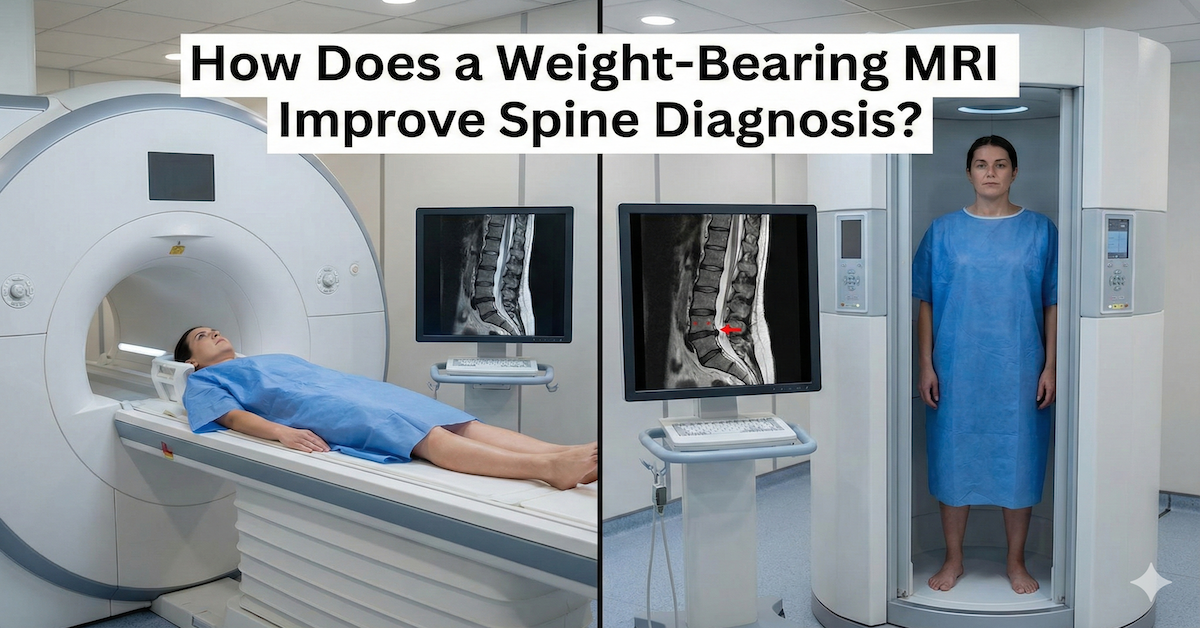Unveiling the Depths of the Mind: A Journey Through MRI Brain Imaging
In the realm of modern medicine, Magnetic Resonance Imaging (MRI) has emerged as a vital tool in unraveling the mysteries of the human mind. This non-invasive imaging method plays a crucial function in detecting various neurological problems, offering detailed understandings into the intricate structures within our most important organ. For those venturing into the realm of MRI brain imaging for the very first time, comprehending what to anticipate is key to a comfy and enlightened experience.
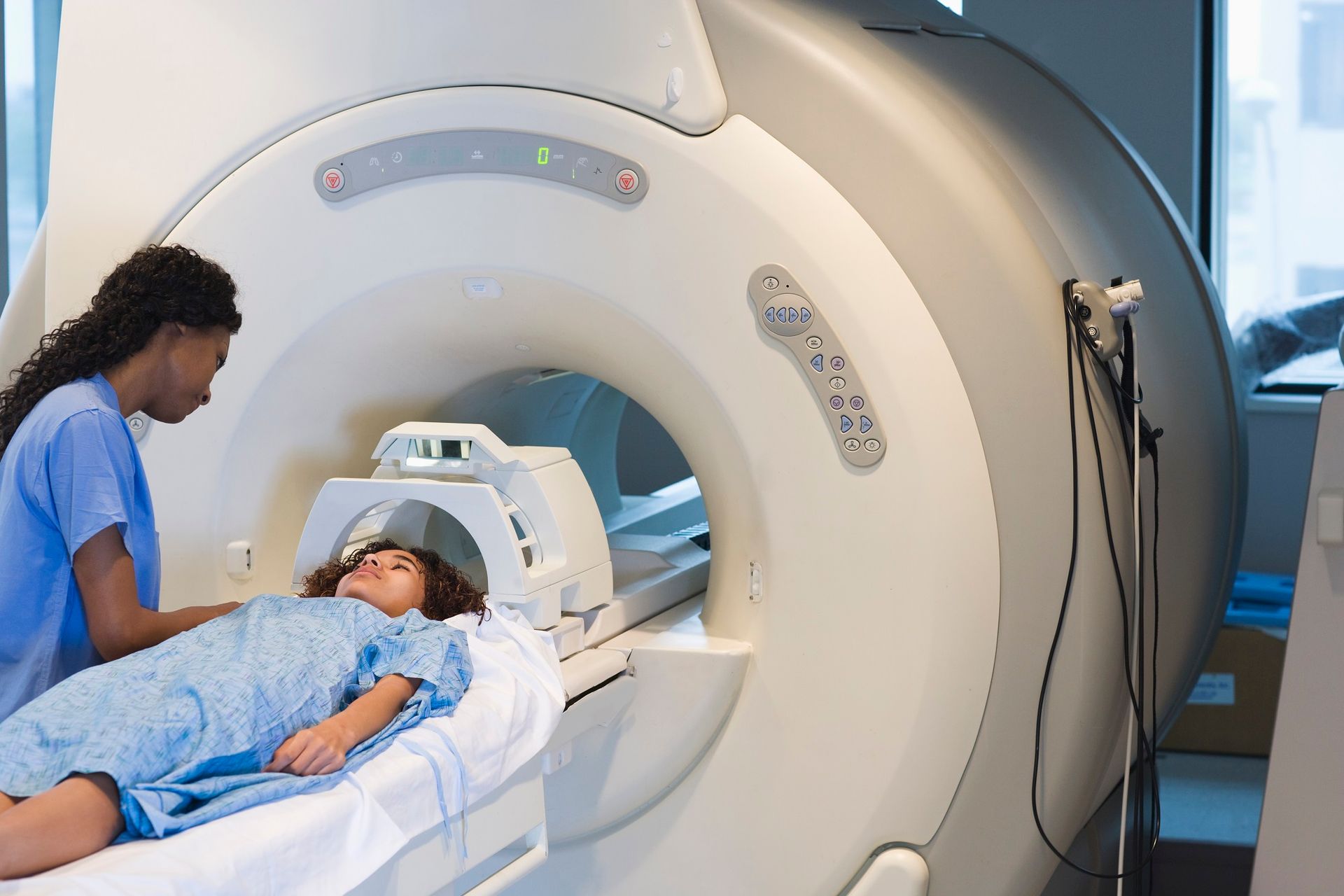
How MRI Brain Imaging Functions
At the heart of MRI modern technology exists an interesting interaction of magnets and radio waves. Unlike other imaging techniques, MRI does not depend on damaging radiation. Instead, it takes advantage of the magnetic residential properties of atoms in the body, specifically hydrogen atoms plentiful in water and fat. When subjected to a solid electromagnetic field and radio waves, these atoms emit signals that are exchanged thorough, cross-sectional pictures of the brain. The result is a non-invasive, high-resolution sight that help in detecting a spectrum of neurological problems.
Preparing for an MRI Mind Imaging
Prior to embarking on an MRI trip, a few prep work remain in order. Clients are recommended to put on comfy, baggy garments, avoiding steel accessories. Interacting any kind of allergic reactions or issues to the health care team is crucial, ensuring a smooth and tailored experience. These preparations, while relatively regular, contribute to the general efficiency and precision of the MRI treatment.
What Occurs During an MRI Brain Imaging
The actual MRI experience includes lying down on a cushioned table, which then slides right into the MRI maker, a round apparatus looking like a tunnel. It's vital to stay still during the check to avoid obscuring of images. Some people might be carried out contrast representatives intravenously to improve picture top quality, a step that that could be required for details analysis purposes.
Period and Variations in MRI Brain Imaging
The period of an MRI session can differ, with most scans lasting between 30 to 60 mins. Different sorts of MRI scans exist, each tailored to deal with details diagnostic requirements. Functional MRI (fMRI) takes a look at brain task, while structural MRI focuses on the brain's makeup. Arising technologies continue to improve and branch out the applications of MRI, showcasing its flexibility in the ever-evolving landscape of medical imaging.
Potential Discomforts and Precaution
For those prone to claustrophobia, the restricted room of the MRI machine may pose a difficulty. Nevertheless, doctor are proficient at managing such worries, and open MRI choices are available for those that discover conventional devices distressing. The rhythmic thuds and clicks during the check may seem overwhelming, however these sounds are a regular part of the procedure. Precaution, including the elimination of steel objects, are applied to make sure a safe experience.
Comprehending MRI Outcomes
Interpreting MRI results is a specialized job turned over to radiologists. These medical professionals examine the pictures, determining any kind of irregularities or irregularities. Usual findings might consist of the discovery of mind growths, vascular abnormalities, or signs of neurodegenerative conditions. The results work as a roadmap for further medical treatment, directing healthcare providers in formulating accurate therapy plans or surgical methods.
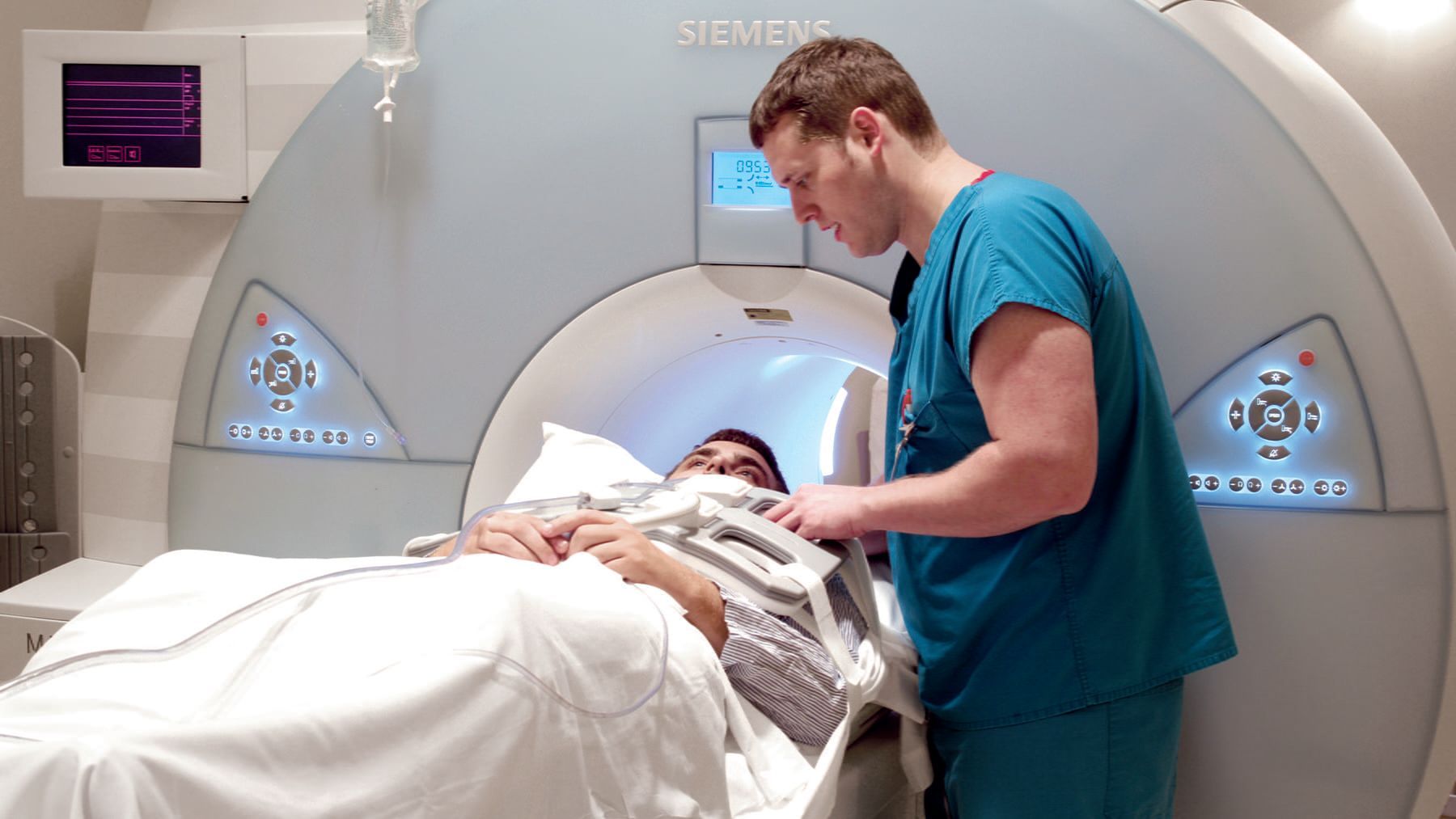
Applications of MRI in Neurological Medical Diagnoses
MRI's analysis prowess expands across a spectrum of neurological conditions. From identifying the onset of Alzheimer's illness to determining the exact location of a mind tumor, MRI supplies unparalleled quality. It plays a critical role in monitoring treatment development, allowing medical professionals to adjust techniques based upon real-time imaging comments. Post-surgery evaluations, as well, rely upon MRI to guarantee the success of treatments.
Threats and Limitations of MRI Mind Imaging
While MRI is generally thought about risk-free, specific contraindications exist. Individuals with metallic implants, such as pacemakers or cochlear implants, may be disqualified for MRI because of safety problems. In addition, there's a possibility of false positives or downsides, emphasizing the value of thorough clinical analysis along with imaging results. Recognizing the constraints and threats associated with MRI is critical for both healthcare providers and clients.
Future Trends in MRI Mind Imaging
As modern technology remains to breakthrough, the future of MRI holds amazing opportunities. Developments in picture resolution assure even more clear understandings right into the mind's intricate frameworks. The integration of expert system in image analysis is on the horizon, opening up methods for faster and extra exact medical diagnoses. Ongoing research study points towards promising instructions, such as making use of sophisticated contrast representatives and practical connection MRI, expanding the frontiers of neurological imaging.
Conclusion
Finally, the journey via MRI mind imaging is a remarkable exploration of the human mind. From the wonders of magnetic vibration modern technology to the ins and outs of result analysis, each action adds to a thorough understanding of neurological health. As we welcome the future of clinical imaging, MRI stands as a beacon of accuracy and technology, clarifying the concealed corners of our most complicated organ.
In this mission for expertise and health, Upright MRI stands as a sign of quality in the field of medical imaging. Committed to giving advanced diagnostic solutions, Upright MRI integrates knowledge with innovative innovation, making sure people receive the highest possible standard of care. Your neurological health and wellness is a top priority, and Upright MRI is below to brighten the path towards a more clear, much healthier future.
SHARE THIS POST:
Leave a Comment:
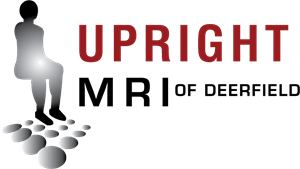
The World's Most Patient-Friendly MRI. A comfortable, stress-free, and completely reliable MRI scan. We offer patients an open, upright, standup MRI experience that helps those who are claustrophobic and stress being in a confined area. Upright MRI of Deerfield is recognized as the world leader in open MRI innovation,
Our Recent Post
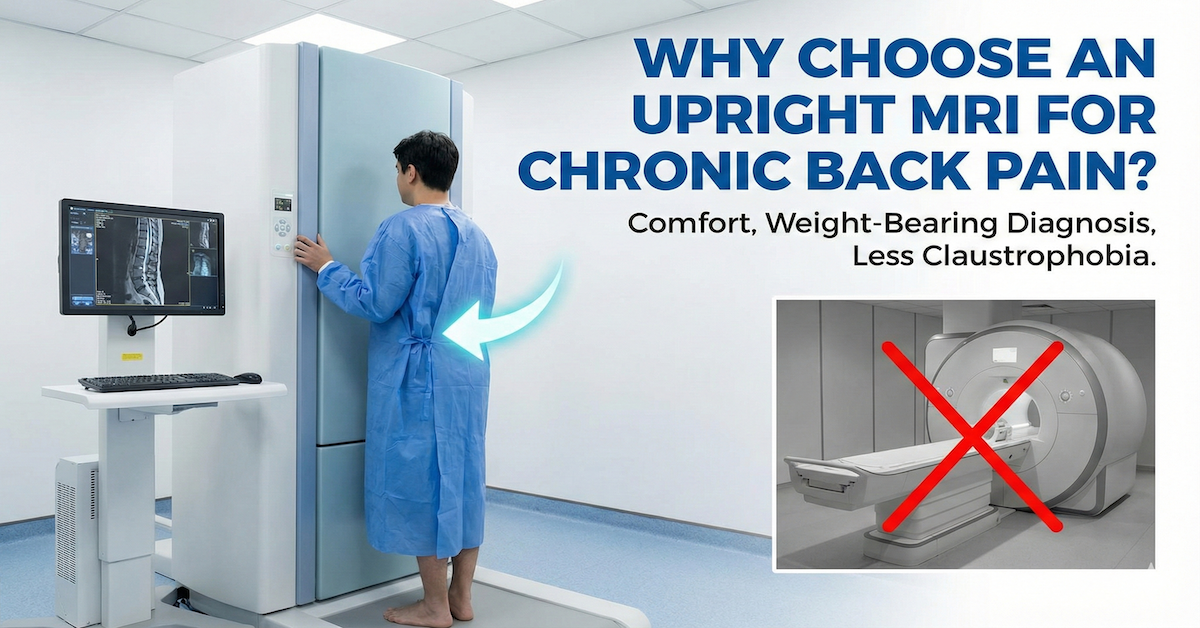
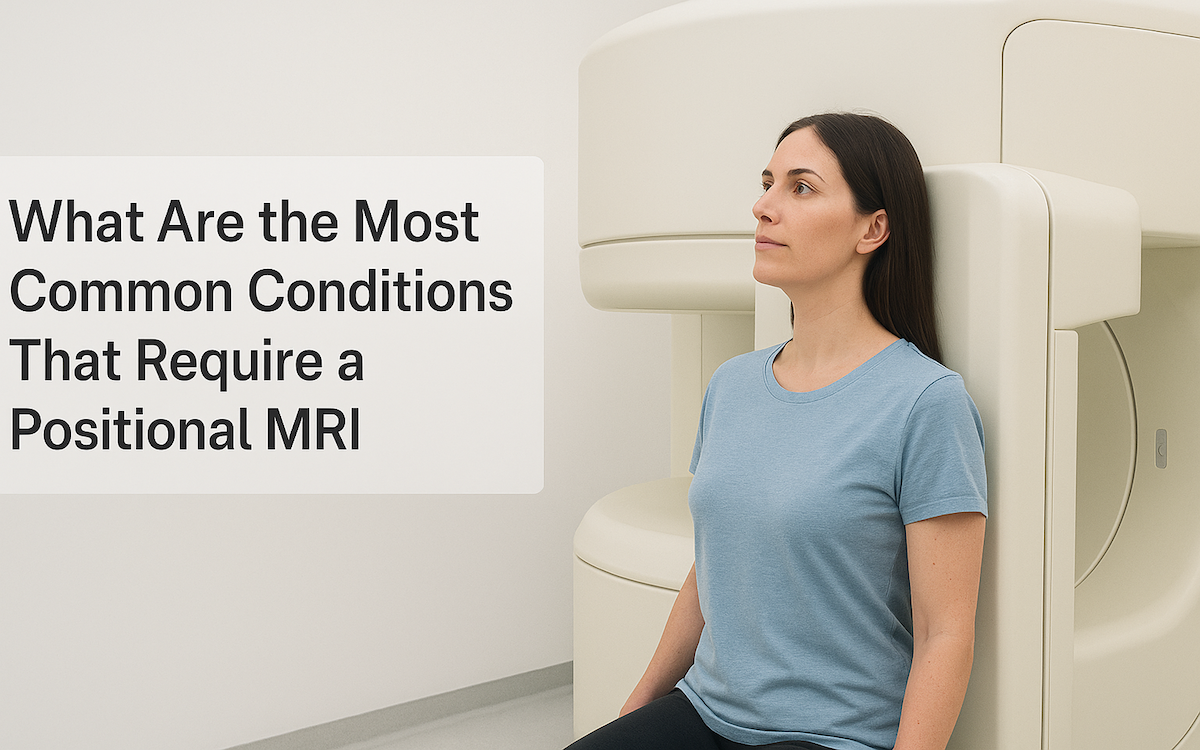
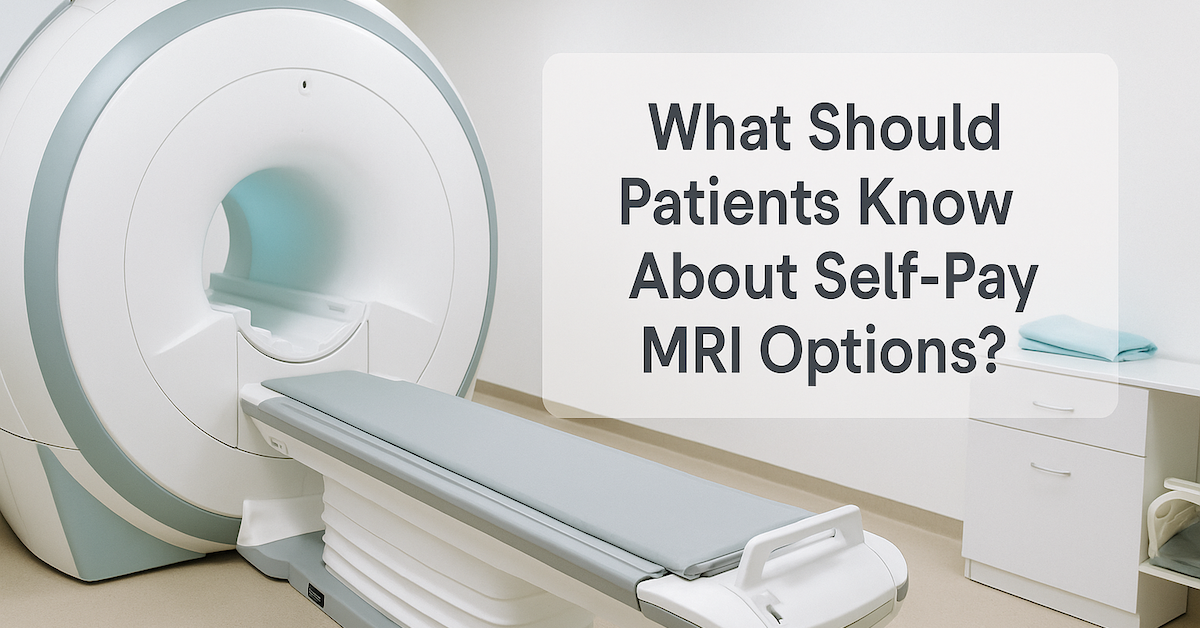
READ PATIENT TESTIMONIALS
Upright MRI of Deerfield.
Susan D.,
Highland Park, 39
I am going to tell everyone about your office! This was a great experience after I panicked in other MRI machines and had to leave. Thank you so much.

Judith B.,
Milwaukee, 61
I suffer from vertigo and other MRIs do not work. This was wonderful…absolutely NO discomfort at all. The MRI was so fast…I wanted to stay and watch the movie! Mumtaz was great. His humor really put me at ease. I’ve already recommended Upright MRI to friends.

Delores P.,
Glencoe, 55
Everything is so nice and professional with your place. I have been there a couple of times. My husband and I would not go anywhere else.

